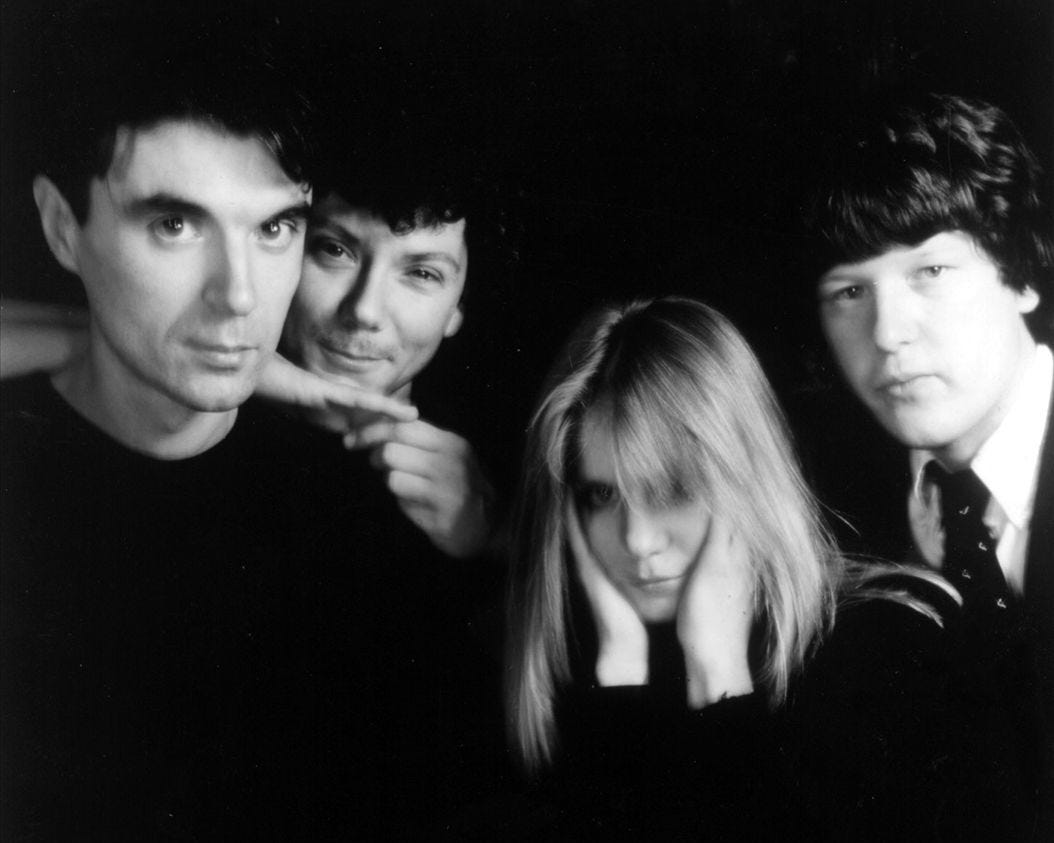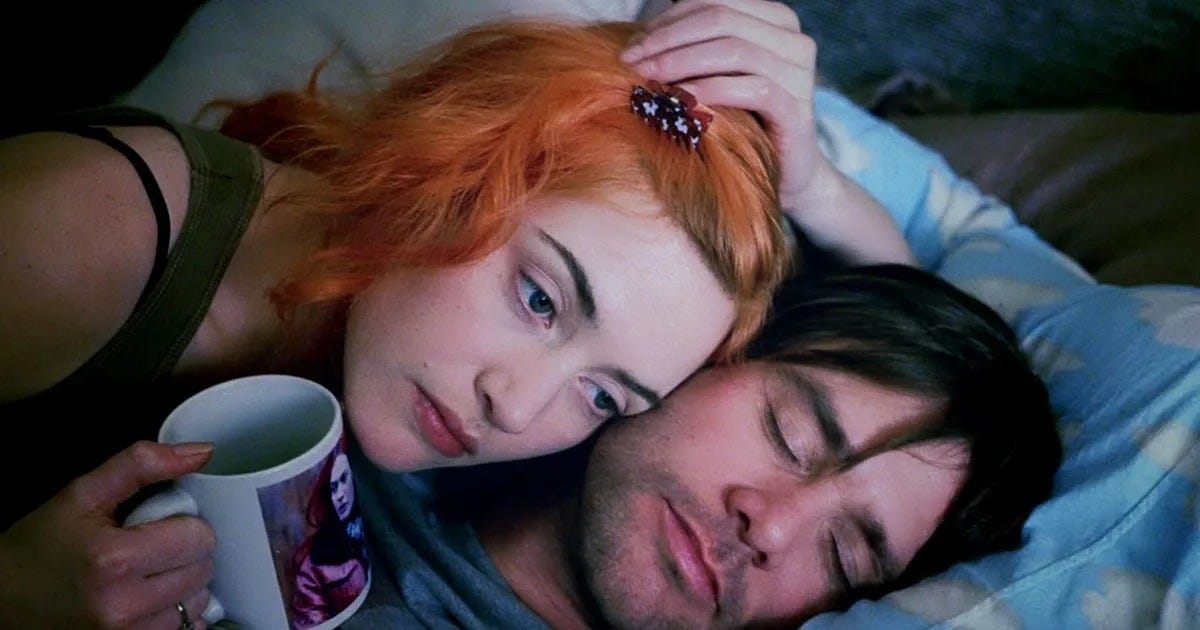When the future stops moving forward
I really didn't have "watching a new music video for a 48-year-old song" on my bingo card for 2025, but here we are nonetheless.
The first time I heard "Psycho Killer" as a teenager, I found myself looking up what "qu'est-ce que c'est" meant. Something about that French phrase in the middle of a punk song made me curious enough to reach beyond what I understood. Also that lingering question: is that what Punk can sound like too? It was my gateway into Talking Heads, and into David Byrne's strange world of being always ahead of whatever everyone else was doing.
Four days ago, the Talking Heads released their first official music video for that song—48 years after it came out. This isn't normal. Musicians don't usually go back and create videos for songs from before MTV existed. David Bowie did it in 2016. Posthumous Beatles released new videos. But Talking Heads choosing to complete their own visual archive now feels like something else entirely.
Mike Mills directed it, and Saoirse Ronan stars as someone cycling through the mundane anxiety of daily life—waking up, brushing teeth, working in sterile offices, coming home, repeat. It could be a scene from Groundhog Day or Eternal Sunshine of the Spotless Mind, but it's actually about a 1977 song that somehow captures exactly how 2025 feels. The video doesn't try to recreate the late seventies. It just uses Byrne's lyrics about tension and nervousness as a lens for contemporary life.
If the setup feels familiar, that's because Mills explored similar territory in his 1999 video for Moby's "Run On"—another office worker trapped in repetitive routines, another meditation on the psychological toll of modern life. What's striking is how the same visual language still resonates 26 years later. The patterns Byrne identified in 1977—anxiety, alienation, the struggle to communicate—found their way into Mills' office worker in 1999, and now into Ronan's character in 2025.
This continuity reveals something interesting about how certain cultural observations transcend their original moments. Talking Heads were always ahead of their time, making music that felt like transmissions from a future we hadn't reached yet. But this video does something different. Instead of being ahead of time, it makes them of this time, creating a bridge between what Byrne saw coming and where we actually ended up.
The themes haven't disappeared. If anything, they've deepened. There's so much immediate information, so many simultaneous realities, that our relationship with cultural time has shifted. Even our attempts at innovation build on what already exists. We're constantly recontextualizing rather than creating from scratch, which isn't necessarily a problem. Is this just be how culture works when everything is catalogued and accessible? Or maybe we're like the characters in Eternal Sunshine, choosing to repeat patterns with full awareness of where they lead. Not because we're stuck, but because some experiences are worth cycling through again.
The fact that a song from 1977 paired with a video from 2025 feels perfectly contemporary suggests something curious about how cultural time works. The faster we move toward what feels like a different future, the more we seem to resurface the same fundamental challenges. When a band that spent decades being ahead of time finally syncs up with the present moment—not because they changed, but because we caught up to what they were seeing—it reveals how certain human experiences might be more persistent than we thought.
"I hate people when they're not polite" – “Psycho Killer”, Talking Heads
The video works because it captures how time feels now: circular, repetitive, trapped in loops of anxiety that span decades. David Byrne was singing about feeling like a "real live wire" in 1977. Saoirse Ronan embodies that same tension in 2025. Not that much changed.




Beautifully concise piece and it speaks to that strange moment in history where fiction and fact blur into each other. I think about this all the time with sci-fi and real life.
yes yes yes